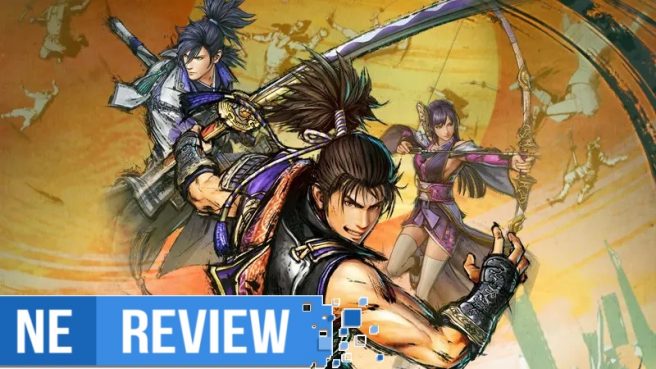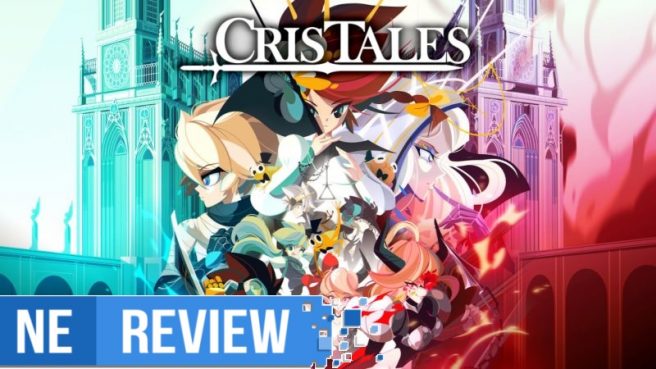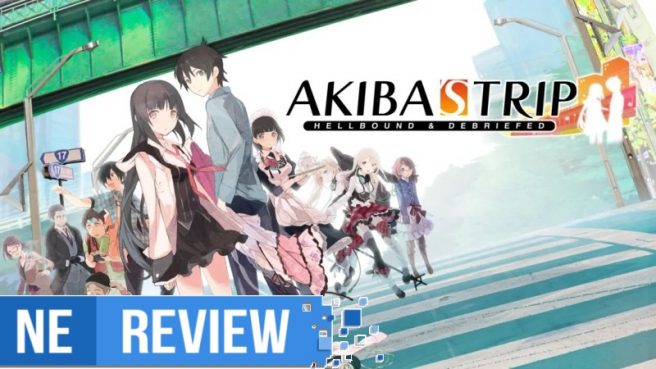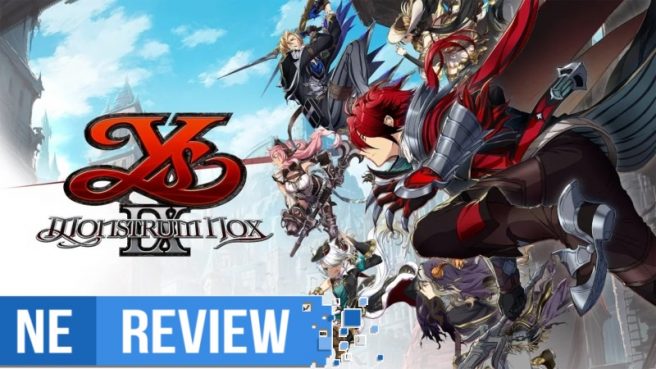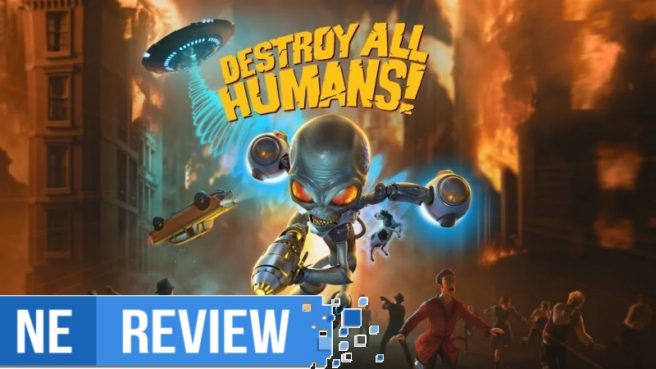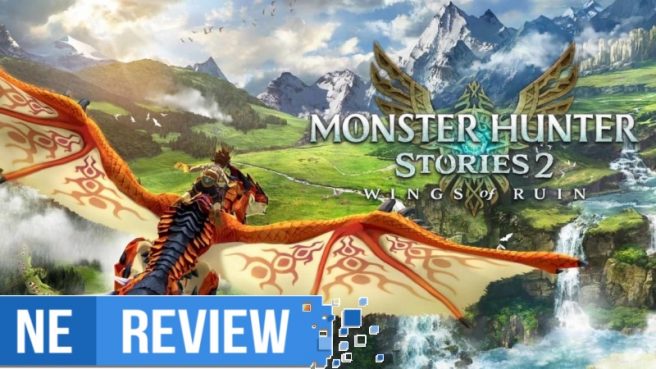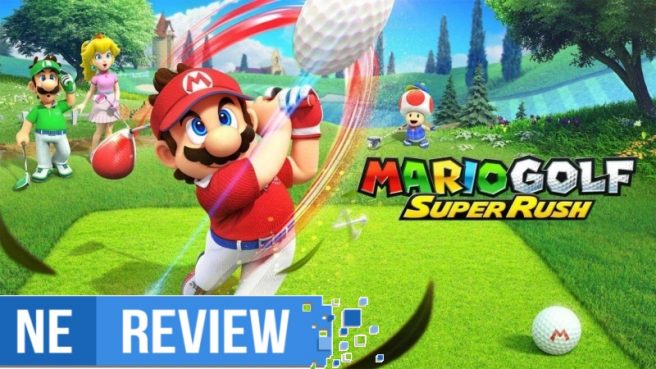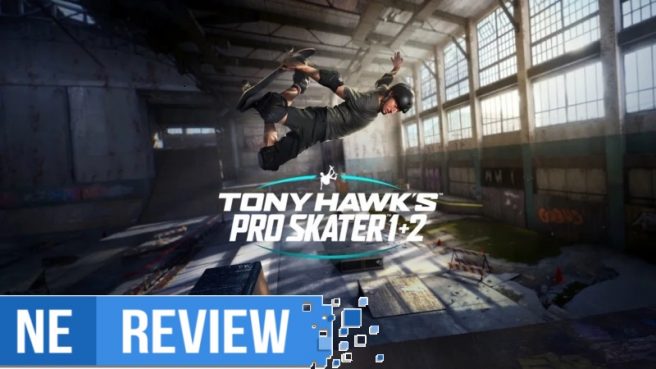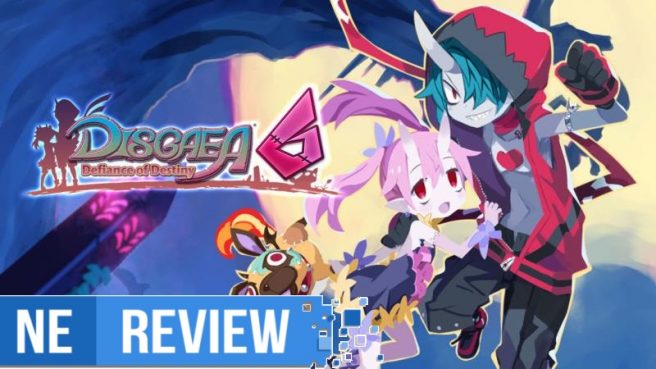[Review] Samurai Warriors 5
Posted on 3 years ago by Dennis Gagliardotto(@LyonHart_) in Reviews, Switch | 0 comments
System: Switch
Release date: July 27, 2021
Developer: Omega Force
Publisher: Koei Tecmo
The Warriors-labeled series (also known as Musou) has gone in various directions both visually and mechanically. Being the sister title to the more famous Dynasty Warriors, it has been one such property that has also seen numbered entries, spinoffs, and crossovers. In the case of Samurai Warriors 5, this marks the first numbered game in seven years as well as a soft reboot of sorts with a new art direction and a wonderful streamlined system that makes it the most intuitive and accessible title in the series to date. And thanks to a slew of new features, it’s also one of the most enjoyable Musou experiences in quite some time on Switch.
More: highlight, Koei Tecmo, Omega Force, Samurai Warriors 5, top
[Review] Cris Tales
Posted on 3 years ago by Elias in Reviews, Switch | 0 comments
System: Switch
Release date: July 20, 2021
Developer: SYCK / Dreams Uncorporated
Publisher: Modus Games
Cris Tales may have wowed us with its first few showings – colorful and whimsical animations, an interesting time-travel mechanic that not only works throughout the adventure but also in battle, and a friendly top-hat garnished frog friend that rides on your shoulder to give you tips on your powers and progression hints? Certainly, this is an unorthodox recipe, but what does Cris Tales turn out to be when all is said and done?
More: Cris Tales, Dreams Uncorporated, highlight, Modus Games, SYCK, top
[Review] Akiba’s Trip: Hellbound & Debriefed
Posted on 3 years ago by Dennis Gagliardotto(@LyonHart_) in Reviews, Switch | 0 comments
System: Switch
Release date: July 20, 2021
Developer: Acquire
Publisher: Marvelous (XSEED)
Akiba’s Trip is one of those odd niche titles that has earned success thanks to its unique beat ’em up, strip ’em down gameplay. While it has sold over half a million copies since its debut many years ago, the game’s formula has rarely been replicated. After it received a manga and even an anime alongside it, it’s a wonder why it took so long to get a true sequel (not counting Akiba’s Beat). Akiba’s Trip: Hellbound & Debriefed isn’t the follow-up to what some would consider a cult classic, but it is a remaster of the original PSP title that was never localized outside of Japan, marking the debut of the game in the west ten years later. It’s both a blast from the past and simultaneously dated as its age undoubtedly shows and offers very little in terms of additions and changes.
[Review] Ys IX: Monstrum Nox
Posted on 3 years ago by Amit Dhindsa(@Agnezenn) in Reviews, Switch | 0 comments
System: Switch
Release date: July 6, 2021
Developer: Falcom
Publisher: NIS America
While the Ys series has had a small but fiercely dedicated following for many years, Ys VIII was something of a turning point. With a shift to a more open world structure and a greater focus on story, as well as porting efforts that saw the game come to numerous platforms including Switch, the game was a success both in terms of sales and increased mindshare for the series. Ys IX: Monstrum Nox is finally here to follow up on its predecessor’s breakout performance, and outside of some technical hiccups, it does so admirably.
More: Falcom, highlight, NIS America, top, Ys IX: Monstrum Nox
[Review] Destroy All Humans!
Posted on 3 years ago by Campbell(@CampbellSGill) in Reviews, Switch | 0 comments
System: Switch
Release date: June 29, 2021
Developer: Black Forest Games
Publisher: THQ Nordic
There’s something so undeniably infectious about the sci-fi films of the 1950s. After all, who can resist the charm of poorly-customed aliens, tinfoil flying saucers, and melodramatic acting? Destroy All Humans! understands this allure well – and turns the formula on its head. First released in 2005, this reverse sci-fi story puts players in control of an invading alien on a rampage against the human race. Having enjoyed a cult following ever since it debuted on the PS2, it was remade for its 15th anniversary in 2020 with the promise to preserve the original experience while polishing it up with an HD coat of paint and a handful of tweaks to the user experience. Now that this reimagined release has made its way to Switch, the natural question arises: can it successfully abduct an audience on Nintendo’s hybrid wonder?
More: Destroy All Humans!, highlight, THQ Nordic, top
[Review] Monster Hunter Stories 2: Wings of Ruin
Posted on 3 years ago by Dennis Gagliardotto(@LyonHart_) in Reviews, Switch | 0 comments
System: Switch
Release date: July 9, 2021
Developer: Capcom
Publisher: Capcom
The Monster Hunter franchise has spanned nearly two decades of behemoth slaying and protecting villages while you work your way up the food chain to the biggest and most vicious monster of them all. However, the series never really had a true spinoff that took the world but turned it on its head like Monster Hunter Stories did in 2016. The game spawned an amiibo as well as manga and anime, using the Monster Hunter world and formula, but giving it a monster-catching foundation. Monster Hunter Stories, despite its name, was arguably one of the lesser talked about RPGs on 3DS, so it was a pleasant surprise to see Capcom give the idea another chance on Switch. It’s even more amazing to see that with Monster Hunter Stories 2: Wings of Ruin, Capcom has expanded upon and improved just about every facet of its predecessor, giving Monster Hunter a refreshing new look and feel.
More: Capcom, highlight, Monster Hunter Stories 2, top
[Review] Mario Golf: Super Rush
Posted on 4 years ago by Dennis Gagliardotto(@LyonHart_) in Reviews, Switch | 0 comments
System: Switch
Release date: June 25, 2021
Developer: Camelot
Publisher: Nintendo
Mario and sports have had a symbiotic relationship since the early days of the NES, giving people at home arcade twists on the classic physical games of skill. Outings in the likes of golf, tennis, soccer/football, baseball, and all the way to the Olympics have seen Nintendo’s all-star roster challenge each other in a variety of ways on virtually every platform. Mario Golf: Super Rush now sees Nintendo’s first golf outing since World Tour on 3DS back in 2013 and brings with it a slew of new features that make it arguably one of the best entries in all of the Mario sports series. Super Rush features not only a return to form, but refreshing gameplay thanks to its multiple modes and new takes on golf between Speed Golf and Battle Golf.
More: Camelot, highlight, Mario Golf: Super Rush, top
[Review] Tony Hawk’s Pro Skater 1 + 2
Posted on 4 years ago by Nicholas Serpa in Reviews, Switch | 0 comments
System: Switch
Release date: June 25, 2021
Developer: Vicarious Visions
Publisher: Activision
There’s a very specific vibe that permeates every second of Tony Hawk’s Pro Skater 1 + 2, out now on Nintendo Switch. I’d like to think it’s more than nostalgia – although I would be lying if early 2000’s skateboarding games didn’t hold a special place in my heart – but there’s just something romantic about grinding down a staircase at a California skatepark while Rage Against the Machine’s “Guerilla Warfare” blasts in the background. Having barely touched a skateboarding game since Tony Hawk’s Underground 2 on the GameCube, I was excited to see how this ground-up remake of two of the series’ highest-rated games would hold up on a handheld.
[Review] Disgaea 6: Defiance of Destiny
Posted on 4 years ago by Elias in Reviews, Switch | 0 comments
System: Switch
Release date: June 29, 2021
Developer: Nippon Ichi Software
Publisher: NIS America
Disgaea originally debuted in Japan back in 2003, with Disgaea: Hour of Darkness, which has seen re-release and a DS port. Each of the games adheres to series staples, with colorful underworld units and pixel graphics. They’re mostly managed in an underworld hub, with combat being experienced in a variety of levels and worlds, each with a distinct style. As a tactical roleplaying game, Disgaea has become a staple series in the genre, with multiple games, spin-offs, a manga series, and an anime under its belt. Diving in to the newest entry in the series, let’s see how it shapes up, shall we?
[Review] Olympic Games Tokyo 2020: The Official Videogame
Posted on 4 years ago by Nicholas Serpa in Reviews, Switch | 0 comments
System: Switch
Release date: June 22, 2021
Developer: SEGA
Publisher: SEGA
Some people eat, sleep and breathe sports. I’m not one of those people, but even I can appreciate the Olympics and what they represent – the coming together of cultures, the excitement of seeing the best athletes in the world compete against each other, and of course, all of the associated spectacle. I decidedly do not enjoy, however, the decidedly average minigame collections that typically get churned out every few years to tie in with the event. That is why I’m thrilled to report that not only is Olympic Games Tokyo 2020: The Official Videogame an excellent Olympics game, but it is also one of the best pick-up-and-play sports games I’ve experienced in a long time.
